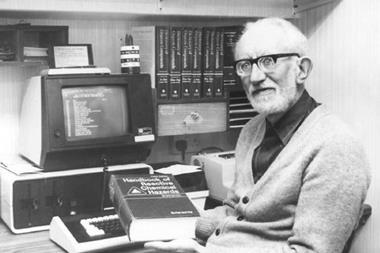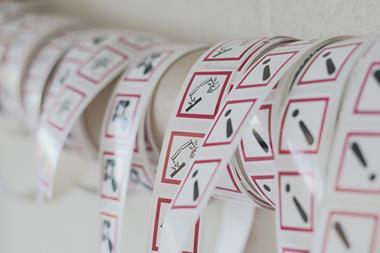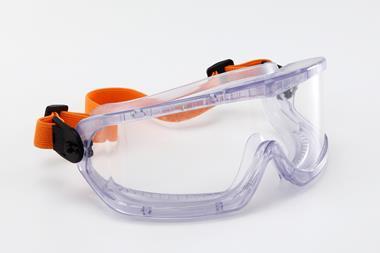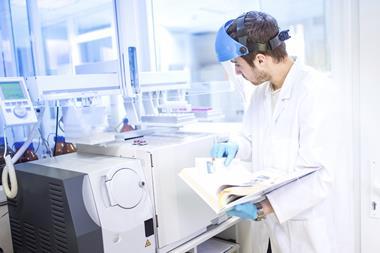A crowdsourced database of hazardous chemical reactions has become more accessible and scalable thanks to backing from the American Chemical Society’s (ACS) data division, CAS.
The freely available Chemical Safety Library (CSL) is intended to improve awareness of potentially hazardous experiments, and was originally developed by the US non-profit Pistoia Alliance in 2017.
‘Unanticipated hazardous reaction events cause injuries in labs every year, but it’s been hard to share this information to prevent similar accidents from happening,’ states Albert Ihochi, who directs innovation and strategic partnerships at CAS.
Various resources detailing chemical hazards already exist – including Leslie Bretherick’s Handbook of Reactive Chemical Hazards and the ACS’s collections of chemical safety letters. The CSL incorporates information from these sources and aims to build on that knowledge by capturing details of real world incidents and near-misses.
Pistoia’s prototype contained 25 pre-populated reports and relied on Google Docs, meaning data could only be retrieved by download. The library has grown slowly, adding just over 100 incident reports in its first year. The project almost folded in 2018, lacking funds and technology to continue. Sources familiar with the project say that it has not been possible to add new incidents for a while, owing to financial and platform constraints. Partnership with CAS provides a scalable digital platform as well as improved search capability, streamlined submission and a better system for notifying both the submitter and the Pistoia advisory panel of new submissions for review.
The platform also aims to address concern from industry representatives, about disclosure of reactions classed as trade secrets, as well as any legal implications should identifiable researchers fail to learn from near misses documented in the database.
Ihochi acknowledges that submitters are asked to provide their name and institution to help ensure that entries are appropriate, and to enable correspondence with submitters. However, he emphasises that this information is not revealed in searches.
‘We have a duty to ensure the health and safety of researchers dedicating their lives to delivering breakthrough innovations,’ said Carmen Nitsche, who chairs the CSL’s advisory panel.

















No comments yet